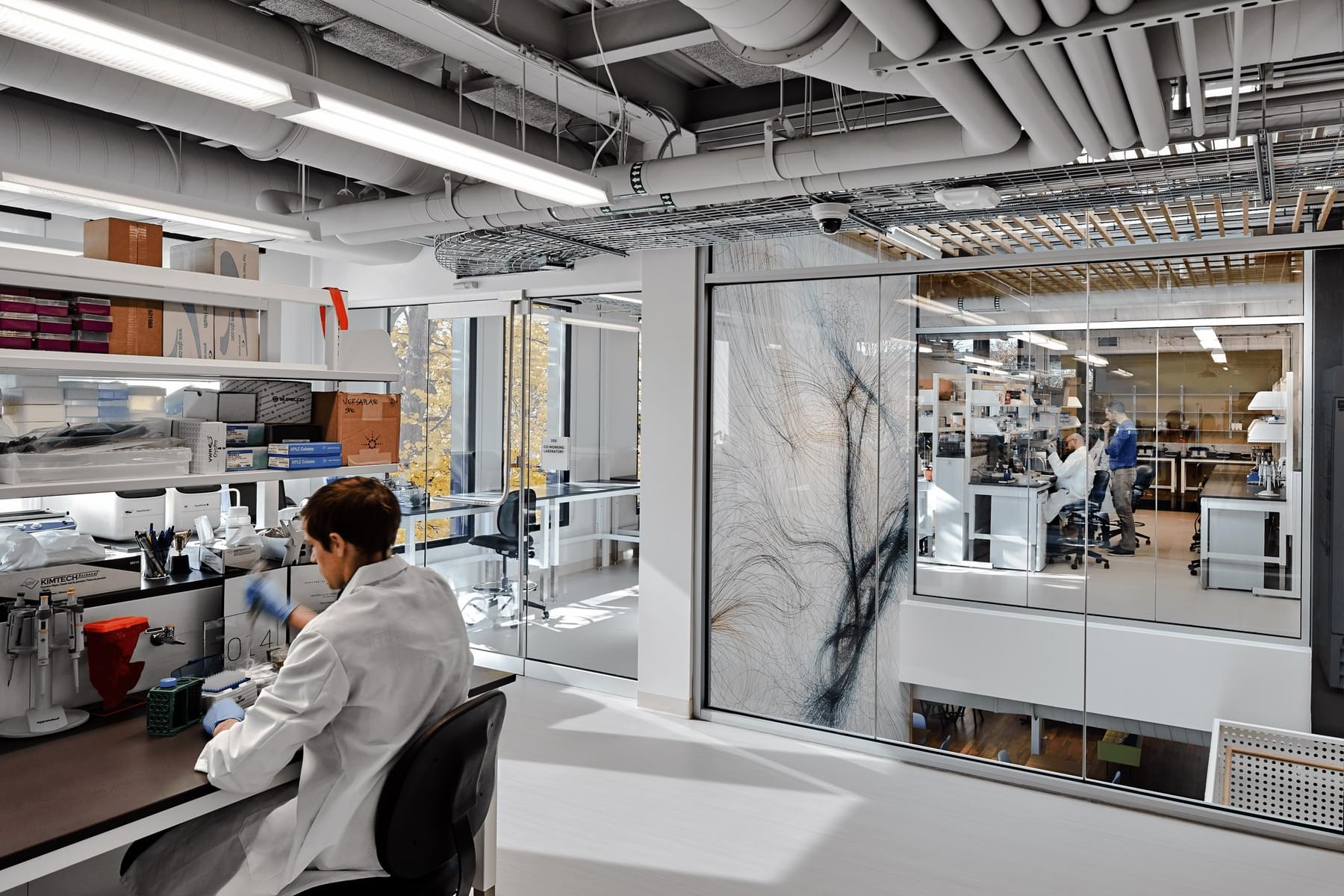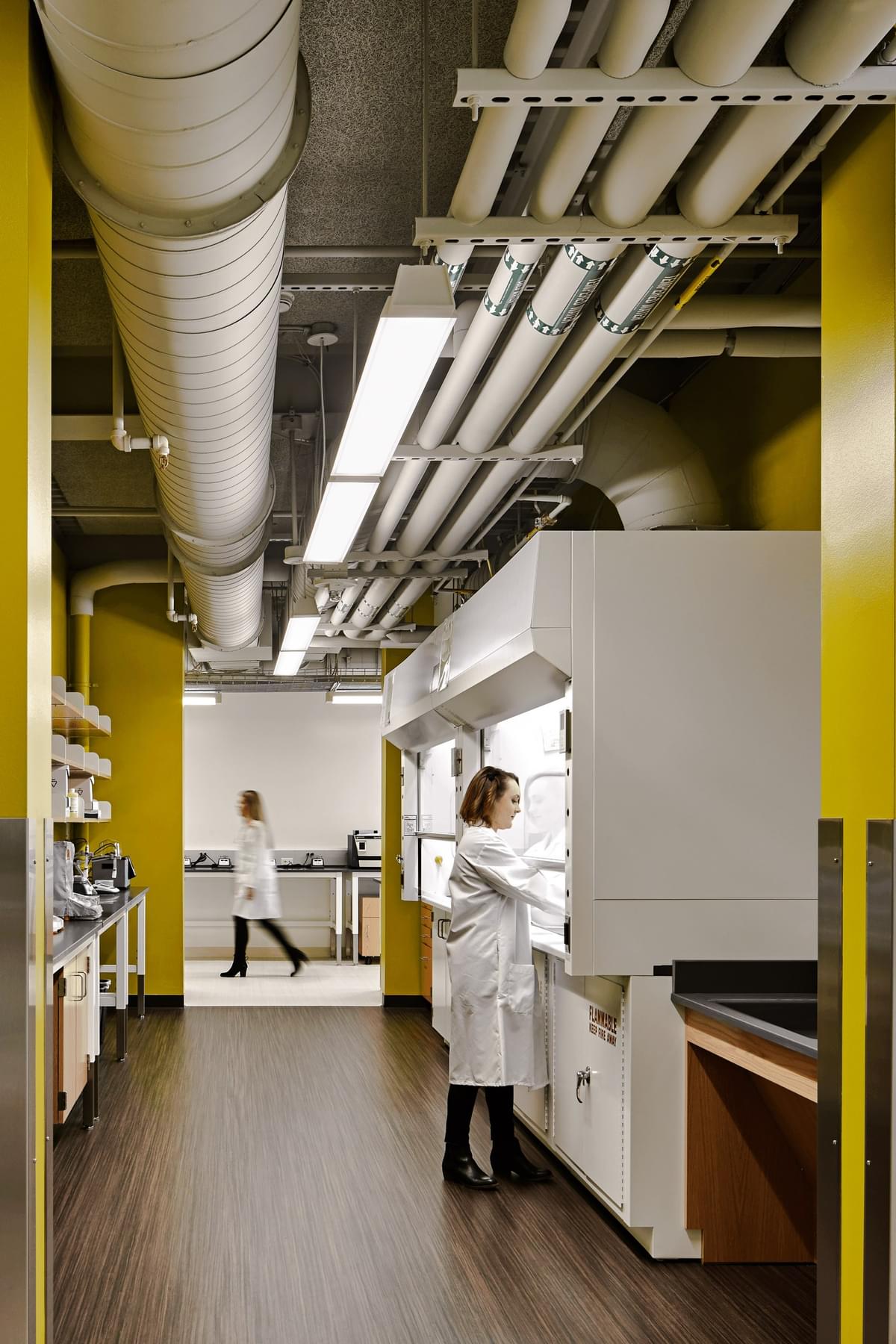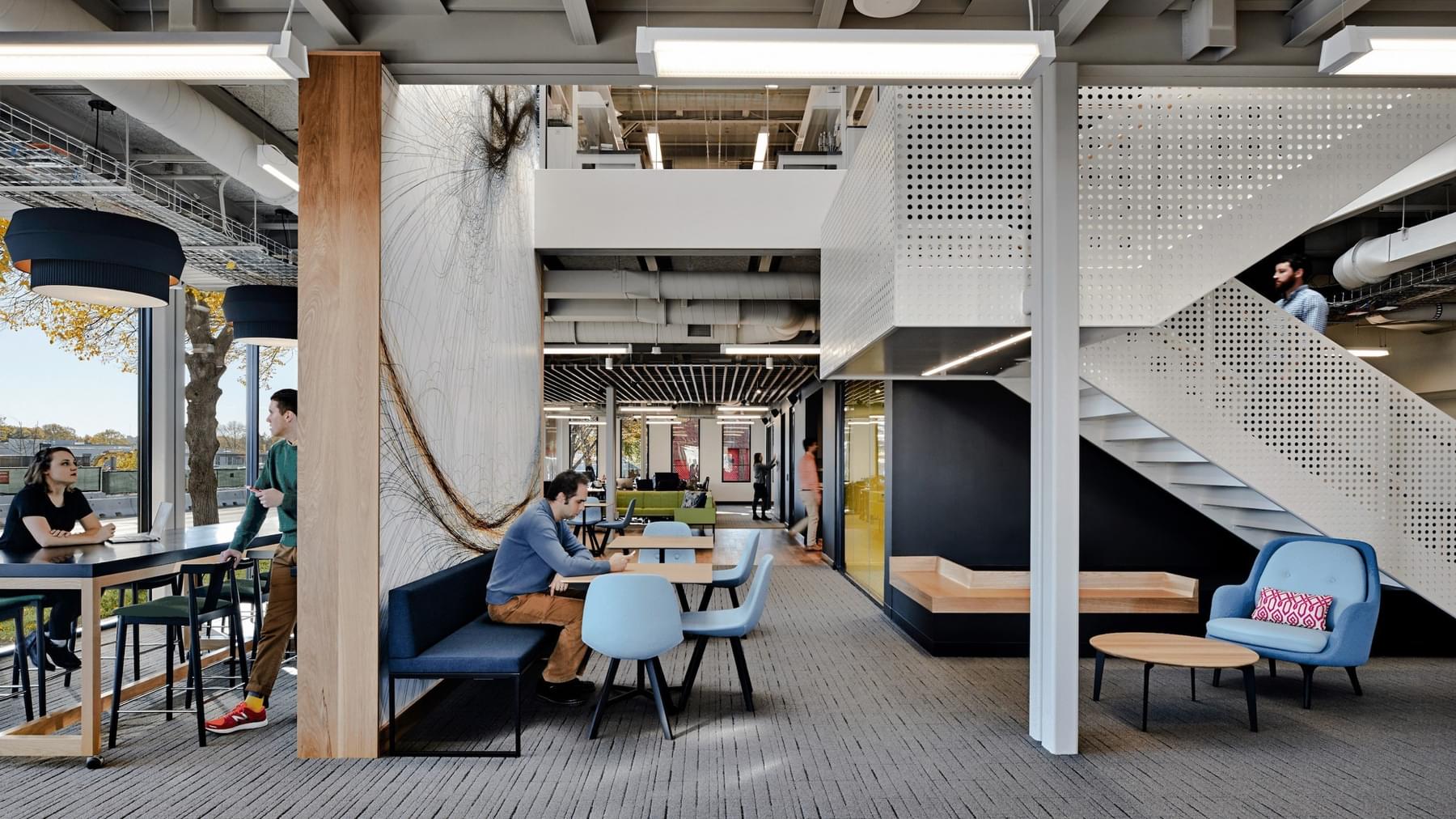Like the ‘butterfly effect’ wherein a meaningful event leads to larger impact, Harvard's Life Labs catalyzed a simple idea that has become STRM.BIO, and the goal of bringing gene therapy to life to the millions of people around the world who could benefit from it.

Life Lab Ventures By The Numbers
- Ventures
- 13
- Harvard Schools
- 9
- Women Founders
- 38%
- International Founders
- 70%
Current Membership Rates
We want our residents to focus on ground-breaking innovation, not breaking the bank on rent – our flexible month-to-month membership allows you to tailor your stay to fit your growth. Our below-market rates are as follows:
| Membership | Lab Benches |
|---|---|
|
$300 per month (per resident) |
$3,000 per month |


The Pagliuca Harvard Life Lab was made possible by the support and generosity of Judy and Stephen Pagliuca, active HBS volunteers and long-time members of the HBS Board of Dean’s Advisors.
-
Originally from Chicago, Judy earned a BS of Mechanical Engineering from the University of Illinois, and an MBA from Harvard Business School (MBA 1983). She is the managing partner of Pagsgroup, where she invests in startup companies in the Boston area, working with founders to help grow their businesses. Judy is involved in a large number of philanthropic endeavors focusing on children and education and is a founder of Step Up Your Game.
Steve received a bachelor's from Duke University, an MBA from Harvard Business School (MBA 1982), and is a Certified Public Accountant. He is the co-chair of Bain Capital, a leading global private investment firm based in Boston. Steve is also a managing general partner and co-owner of the Boston Celtics, playing a leadership role in the development of basketball strategy and operations. Steve is the president of the Boston Celtics Shamrock Foundation and is active with several other nonprofits. He is also active in political causes and believes in a “big tent” philosophy that works to find common ground among different public opinions.
We believe innovation in the life sciences is critically important to the future of our region from an economic standpoint and equally important to all of our futures in its potential to solve complex health problems. We are thrilled to be able to contribute to the innovation movement at Harvard.
Judy and Steve Pagliuca![Mrs. and Mr. Pacliuca standing in front of the Pagliuca Harvard Life Lab]()











